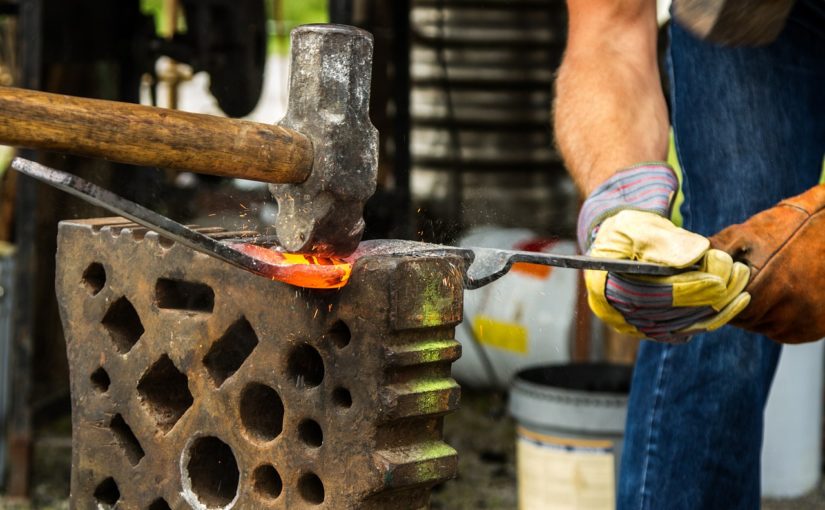Through the process of metal forging, metals are first deformed from their existing shapes by application of tremendous compressive forces before finally being re-formed to the geometric shape of desire. Forging is an essential part of industrial metal manufacturing, especially in the iron and steel manufacturing industry. In the first step of the process, metals are put into a forge before being rolled in rolling mills. This elevates the properties of the forged metal and makes it vastly enhanced.
Going hand in hand with the iron and steel industries in India, the Indian forging industry is elevating its stature day by day, thanks to the pioneering and quality work done by forging companies in India like Pradeep Metals.
Advantages of Forging
Let us now examine the advantages of forging:
- Directional Strength
Through the use of mechanical deformation of heated metal under conditions that are strictly controlled, the flow characteristics and grain size become uniform and predictable. Forging also involves pre-work, which serves to refine the ingot’s dendritic structure in addition to getting it rid of porosity and other defects. All these characteristics make up for more enhanced mechanical and metallurgical qualities and ultimately result in delivering better directional strength. - Structural Strength
When metal is forged the structural integrity that it gains is unmatched by other processes of metalworking. Through this process, the metal is rid of gas pockets and internal voids which make the metal parts weak. Not only that, thanks to the dispersion of segregation of non-metallics substances and alloys, the chemical; uniformity thus created is far superior. The resultant structural integrity is hence made predictable and serves to reduce the requirement of part inspections, makes heat treatment and machining simple and makes sure that the part performance is optimum even under field-load conditions. - Impact Strength
Through forging any kind of stress, impact or load requirement can be met. The grain flow is appropriately oriented in order to ensure resistance to fatigue and maximum strength of impact. The forging process endows the metal with high strength resulting in the ability to reduce sectional thickness besides the weight without in any way making compromises with the integrity of the final part. - Variety of Sizes
The wide variety of sizes of castable ingots make open die forged metals weigh anything from a single pound to over 400,000 pounds. Such forgings are not only popular as open die parts but are also used as a substitute for castings and rolled bars and for anything that is too large to be produced by the other methods of metalworking. - Variety of Shapes
In the case of forging metals, the shape design available at your disposal is similarly versatile and can range from shafts, simple bars and ring configurations besides special shapes. These range of special shapes include double and single hubs that come close to closed die configurations, multiple I.D./O.D. hollows and of course custom and unique shapes that are created through the combination of forging with secondary processes like sawing, torch cutting, and machining. Often the creative skills and imagination are the sole limitation of the shape of forged metal.
Besides all these advantages, Pradeep Metals also ensures that all of its forgings come with the broadest level of metallurgical spectrum besides a really vast array of prototype and quantity options.


